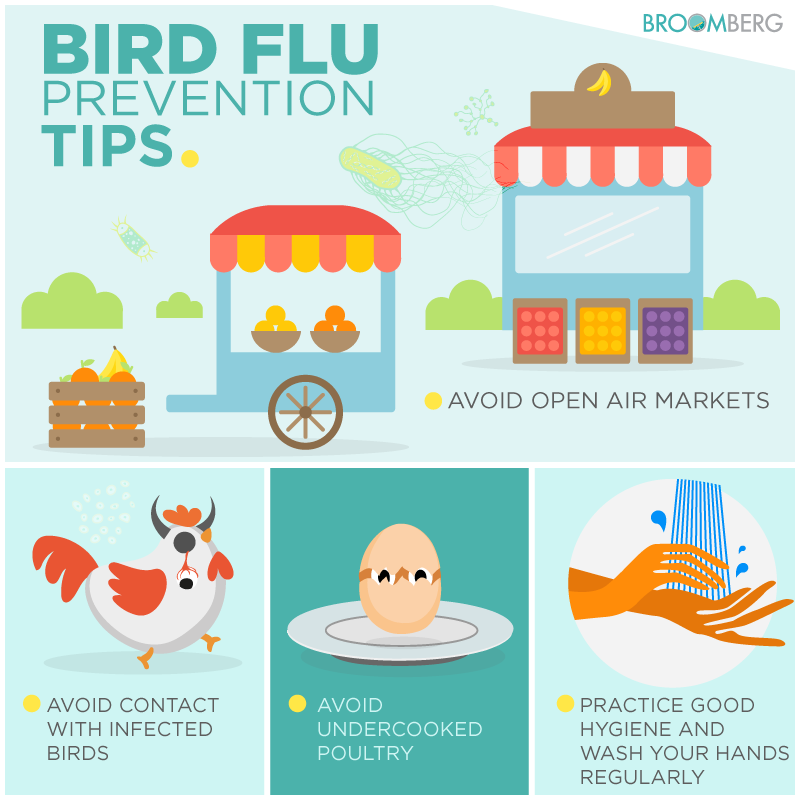Avian influenza, also known as bird flu, is a viral disease that primarily affects birds. There are many different strains of the virus, some of which are more dangerous than others.
Globally, AI has been seen to be a problem mostly in the developing, rather than western, world. However, whilst Defra and the Animal and Plant Health Agency do their best to keep the disease out, it is impossible to prevent it. It makes its way into the UK with migrating wild birds and can all-to-easily be transferred to domesticated birds. Whilst there are AI vaccines, these have their limitations and in the UK the vaccination of poultry and most captive birds against AI is not currently permitted.
During the autumn of 2021 there were multiple findings of the highly pathogenic strain of HPA1 H5N1 in wild birds and following its confirmation in poultry, the UK was declared no longer free from AI under the World Organisation for Animal Health (OIE) rules. This led to an Avian Influenza Prevention Zone (APIZ) being declared across Great Britain on November 3 requiring all bird keepers by law to take a range of biosecurity precautions. It also brought in a ban on all gatherings. A further requirement was imposed from November 29, making housing mandatory.
Advice and what to do:
Bird flu (also called avian influenza) is a notifiable, infectious disease that affects both wild and kept poultry. The disease is taken very seriously as it's devastating to birds, spreads very fast and whilst some strains have the potential to jump from birds to humans, this is very rare.
The UK's devolved administrations may decide to declare an Avian Influenza Prevention Zone (AIPZ), either regionally, or across the whole of the UK to help reduce the risk of the disease spreading.
Bird flu is a notifiable animal disease. If you suspect any type of avian influenza in poultry or captive birds you must report it immediately by calling the Defra Rural Services Helpline on: 03000 200 301. In Wales, contact: 0300 303 8268.
If you find dead wild waterfowl (swans, geese or ducks) or other dead wild birds, such as gulls or birds of prey, you should report them to the Defra helpline (03459 33 55 77 - please select option 7). You can also report dead wild birds to defra on their website. Don't touch or pick up any dead or visibly sick birds that you find.
All bird keepers (whether you have pet birds, commercial flocks or just a few birds in a backyard flock) must keep a close watch on them for signs of disease and maintain good biosecurity at all times. This is especially relevant if your birds are in a Higher Risk Area (HRA). If you have any concerns about the health of your birds, seek prompt advice from your vet.
You should register your poultry, even if only kept as pets, so Defra can contact you during an outbreak. This is a legal requirement if you have 50 or more birds. Poultry includes chickens, ducks, turkeys, geese, pigeon (bred for meat), partridge, quail, guinea fowl and pheasants.
Keepers can check where disease control zones and AIPZs are located in GB and if they are in a zone on the animal and plant health ahgency’s map.
To receive immediate notification of new cases and updated zones in GB please sign up to the APHA’s Animal Disease alert subscription service further details can be found on the link below
Keeping Birds:
Preventing the spread of avian influenza involves taking several precautions, including practicing good hygiene, avoiding contact with sick birds or their faeces, and cooking poultry products thoroughly. It's a legal requirement for all bird keepers (whether they have commercial flocks, a few birds in a backyard flock or pet birds) to follow strict biosecurity measures. Keepers with more than 500 birds need to restrict access for non-essential people on their sites, workers need to change clothing and footwear before entering bird enclosures and site vehicles need to be cleaned and disinfected regularly.
The prevention zone means bird keepers must:
Ensure the areas where birds are kept are unattractive to wild birds, for example by netting ponds, and by removing wild bird food sources.
Feed and water kept indoors or enclosed areas to discourage wild birds.
Minimise movement in and out of bird enclosures.
Clean and disinfect footwear and keep areas where birds live clean and tidy.
Reduce any existing contamination by cleansing and disinfecting concrete areas, and fencing off wet or boggy areas.
Avian Influenza can be devastating to the poultry industry, we’re already seeing the knock-on effects of the culling last year with limited egg availability in the shops!
The hens are currently under a housing order put in place by the government, we’re hoping that this will be lifted shortly, last years housing order was in place for over 16 weeks, which meant all the eggs in the UK had to change their classification to ‘barn raised’. We’re hoping this doesn’t happen this time! We’re all keeping our fingers crossed that the hens will be out in the sunshine soon!



